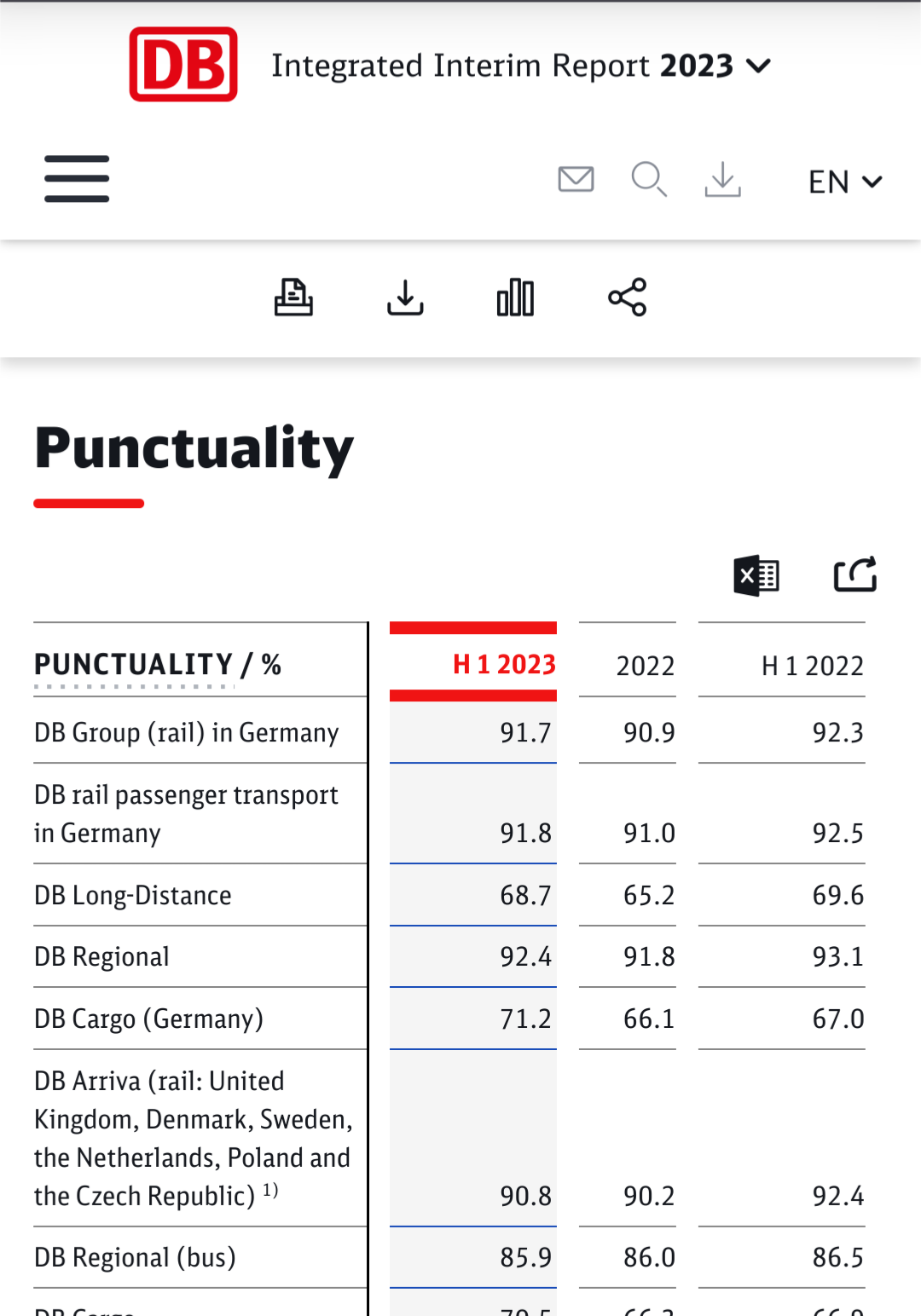Sweden is basically Europe's version of the American Midwest. For example, it's a 10 minute walk across nothing but parking lots to get from the high density housing to the grocery store. Stockholm has around 6 story buildings and a housing crisis, which obviously follows from the lack of high density housing. Instead, all of Southern Sweden is one giant blob of suburban sprawl and SJ (Swedish national rail) is as useful and cost effective as Amtrak.
Denmark is Copenhagen+ lots of suburban sprawl. Transit... existed.
Germany is very much about cars, even if their transit network is robust. You'll never hear a German say anything good about the trains though.
France has 300km/hr high speed rail that takes you most places you'd want to go, but you have to switch to local regional trains for smaller destinations. No complaints. €2 tickets one weekend a month too.
Belgium is up there with the Netherlands re: trains, but their bike infrastructure isn't nearly as safe. It's also like a day to walk across the whole country, so that's not super impressive. All of BENELUX (Belgium Netherlands, Luxemburg) is half the population of the DC-NYC --Boston corridor, which also has a billion transit options (bus, train, boat, car, plane).
Honestly? You generally can't go wrong with the Krushevkas of Poland and the Baltics. High density housing with jobs, shopping, schools, and services close by and access to transit anywhere. The soviets really loved their street cars that are still hanging in there and provide service every 10 or 15 minutes , often using nuclear power (Bulgaria, Romania, Poland, Ukraine, Lithuania Slovenia).
Western Europe is alright but Ljubljana just turned their entire old city into a pedestrian only zone, leaving the main road for busses only. You'd never see Paris do that to the Champs-d'Elysée.
Belgrade built a whole new city across the Danube with high density housing after ww2. Unfortunately, they forgot to place the housing near any jobs which causes transit problems to this day. They also tried this thing out, which failed for the opposite reasons.
https://en.m.wikipedia.org/wiki/Western_City_Gate
Overall, Western Europe has the same affordability crisis as the US, but with lower wages and higher taxes. Granted, rents are generally lower too, but there's a lack of high density urban housing everywhere that's not already been gutted and turned into an empty city filled with nothing but tourists and airbnbs (Zagreb and Prague come to mind).
By Northern European standards, both Portugal and Spain are poor, so they're great to visit, but not really ideal for escaping the US. They've both been building out high speed trains like crazy in preparation for some EU rules that will finally tax the pollution from airplanes in a couple years. And Lisbon inherited lots of the EU financial services sector from London during Brexit, but going that route means you'll be gentrifying a 500 year old city to work for British hedge funds.
In general, though, the trains are pretty good, but that has a lot more to do with the logistics of trench warfare than being a thing targeted at helping working class people. That is, you can often find cheap flights that will get you to your destination faster and cheaper than the train. It's not like there were daily passenger rail trips between France and Germany in 1904. Being able to move civilians in addition to artillery shells was just a happy byproduct.
